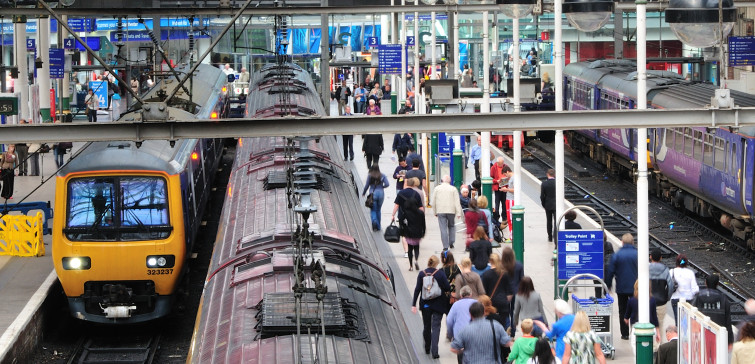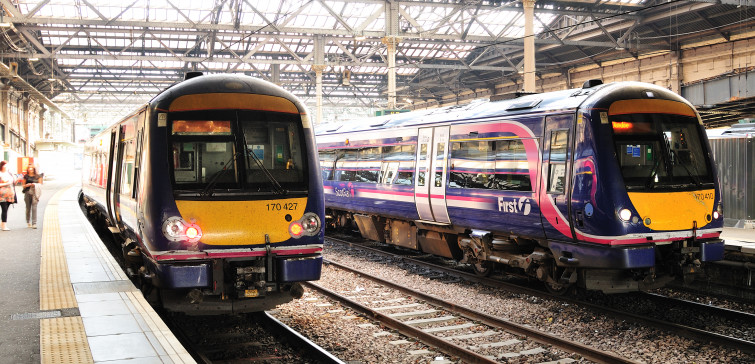Demand forecasting
More people travel on the railway today than ever before. Demand for passenger and freight services is high and is expected to rise significantly in the future.
Our Long Term Planning Process (LTPP) exists to plan the long-term capability of the network up to 30 years into the future to promote the efficient use of network capability and capacity. It is intended to look further ahead to enable the industry to develop potential infrastructure interventions over the long term, and allow the industry to explore strategic issues.
Our demand forecasting capability is designed to facilitate the strategic planning of the rail network in a way which is flexible enough to take into account the views of the rail industry, funders, specifiers and customers on the requirements to develop the network to meet future demand through market studies, cross-boundary analysis and route studies.
Demand forecasting
Network Rail and the industry need to respond flexibly to the challenges posed by the expected growth in demand for passenger and freight services, whilst assessing the long-term capability of the rail network up to 30 years ahead.
This reflects the need to gain a better understanding about how plans for the railway impact on the economy and make sure that strategic change, such as the implementation of the Northern Hub programme, the development and implementation of the electrificationprogramme and the development of High Speed 2, can be effectively considered in rail industry planning.
Our previous route utilisation strategy (RUS) process identified capacity gaps on existing services and proposed interventions to meet them. However, aspirations for train services that support economic growth, for example connecting residential areas to labour markets, might require entirely new services and a new approach to creating capacity.
Demand forecasting
We have a strong in-house demand forecasting team with significant knowledge in the practical application of a variety of forecasting tools to develop demand and revenue projections. Our strength in forecasting is based on highly developed technical skills combined with an excellent understanding of the economic and demographic developments which drive the long term growth of traffic across rail corridors. As owners of the UK rail infrastructure we understand the real world drivers of rail demand and any behavioural responses underlying choices on the decision to use or not to use rail. Our experienced consultants provide advice on:
- demand modelling and forecasting
- market research and data collection
- macro and micro economic analysis
- benchmarking & cost benefit analysis
- business case development.







